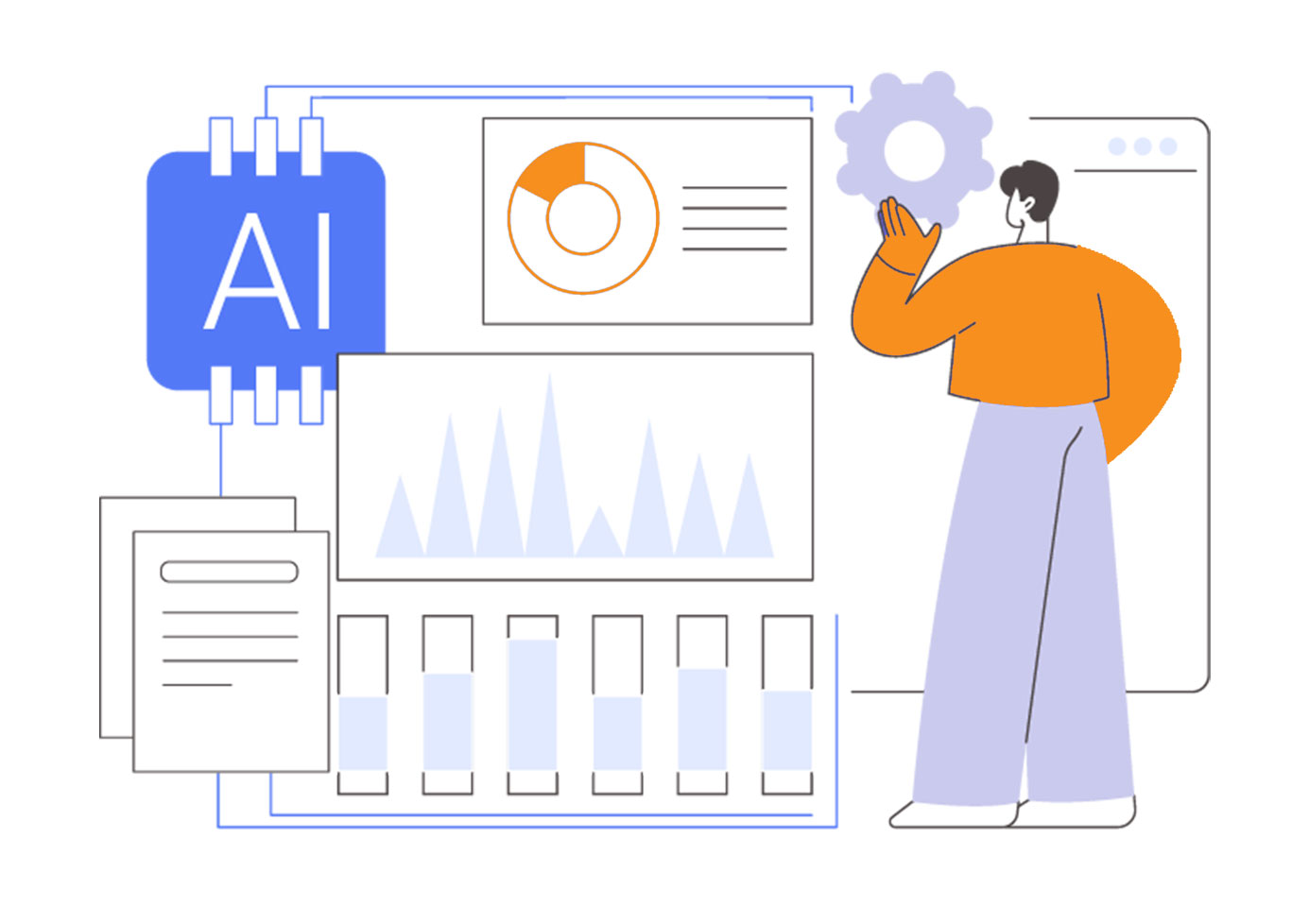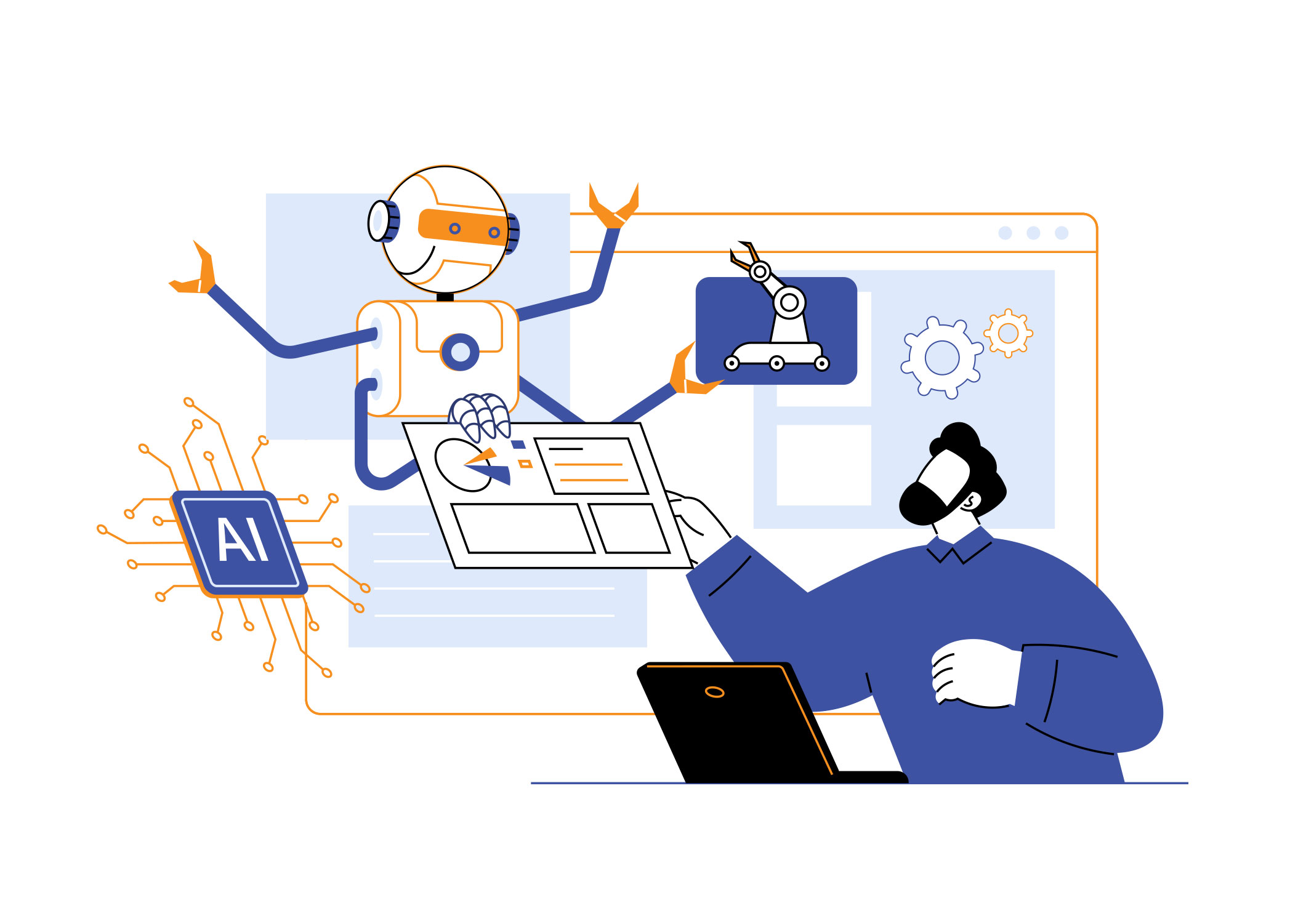In today’s rapidly evolving digital landscape, Large Language Models (LLMs) are revolutionizing how businesses streamline their operations. These powerful tools intersect seamlessly with business workflows, ensuring that companies can maintain a competitive edge through enhanced efficiency and automation.
“One reason these large language models remain so remarkable is that a single model can be used for (multiple) tasks,” such as answering questions, summarizing documents, generating text, completing sentences, translation and more, says Bernard Koch, computational social scientist at UCLA.
In contemporary corporate arenas, businesses grapple with a slew of process management challenges. The complexities of managing vast teams, varied tasks, and integrating technology mean that bottlenecks are common. Compounded by this is an urgent drive towards digital transformation and automation, as businesses aim to remain relevant and efficient in a fast-paced environment.
One of the earliest examples of AI-based LLM is the Eliza model built by MIT way back in 1966. Although AI language models have come a long way since then, they still need to be trained on datasets that power them to infer relationships and generate content.
LLMs, at their core, are models adept at understanding and generating human-like text. However, their power transcends mere language tasks. Unlike traditional automation tools, which are generally built for specific tasks, LLMs offer unprecedented flexibility, adapting to a multitude of roles, ranging from data analysis to customer interaction.
To integrate LLMs effectively, businesses first need to identify operational inefficiencies. Once these bottlenecks are pinpointed, LLMs can be used to analyze process data, subsequently offering actionable insights to address and rectify these problem areas.
Repetitive tasks, such as data entry, report generation, and even some elements of customer interaction, can be burdensome and time-consuming. LLMs, however, are adept at handling these tasks, streamlining operations. To deploy them:
LLMs serve as a cornerstone in enhancing customer support. From powering intelligent chatbots to personalizing customer interactions, these models can significantly transform the way businesses engage with their customers, offering a personalized and enriched experience. While there has been much buzz about ChatGPT and its various iterations, Google’s PaLM 2 has emerged as one of the best large language models of 2023. The model has been enhanced with the inclusion of commonsense reasoning, formal logic, advanced coding, and mathematics across more than 20 different languages.
Through insightful data analysis and learning algorithms, LLMs can create highly personalized interactions with customers. This approach not only improves customer satisfaction but also fosters brand loyalty and long-term engagement.
LLMs have the potent capability to assist businesses in making informed decisions. By gathering, analyzing, and presenting data proficiently, these models facilitate insightful decision-making processes grounded on real-time insights and comprehensive data analysis.
In a world where collaboration is key to business success, LLMs can be integrated into collaborative tools for real-time document editing and feedback. These models streamline inter-departmental communications, fostering a cohesive and harmonious work environment.
LLMs facilitate seamless communication across various departments within an organization. By integrating these models into communication platforms, businesses can enhance efficiency and foster a collaborative spirit among employees.
Businesses are increasingly recognizing the value that LLM can add, with 77% of organizations using NLP planning to increase their investment in LLM by 2024. As we look towards the future, it’s imperative to anticipate the advancements in LLM capabilities and their implications on business operations. A proactive approach in adapting to these advancements will ensure that businesses remain at the forefront of innovation and efficiency.
To stay ahead in the competitive business landscape, it’s vital for enterprises to prepare for the next wave of LLM integrations. Being well-prepared will allow businesses to seamlessly incorporate new features and functionalities, fostering growth and achieving market leadership.
Embracing LLMs in business workflows marks a monumental shift towards unparalleled efficiency and productivity. The road ahead promises remarkable advancements in LLM capabilities, poised to revolutionize business operations on a global scale. As we navigate this dynamic landscape, it becomes essential to stay abreast of the evolving role of LLMs in business, ensuring sustained growth and success in the modern business era.

OpenAI Introduces GPT-4o OpenAI has introduced GPT-4o, the latest iteration in its series of generative pretrained transformers. GPT-4o, where ‘o’…

Artificial Intelligence (AI) is transforming industries across the globe. Businesses are increasingly recognizing the potential of AI to streamline operations,…

Introduction to AI Agents and Agentic Workflows Artificial intelligence (AI) agents are software entities that can perform tasks on behalf…